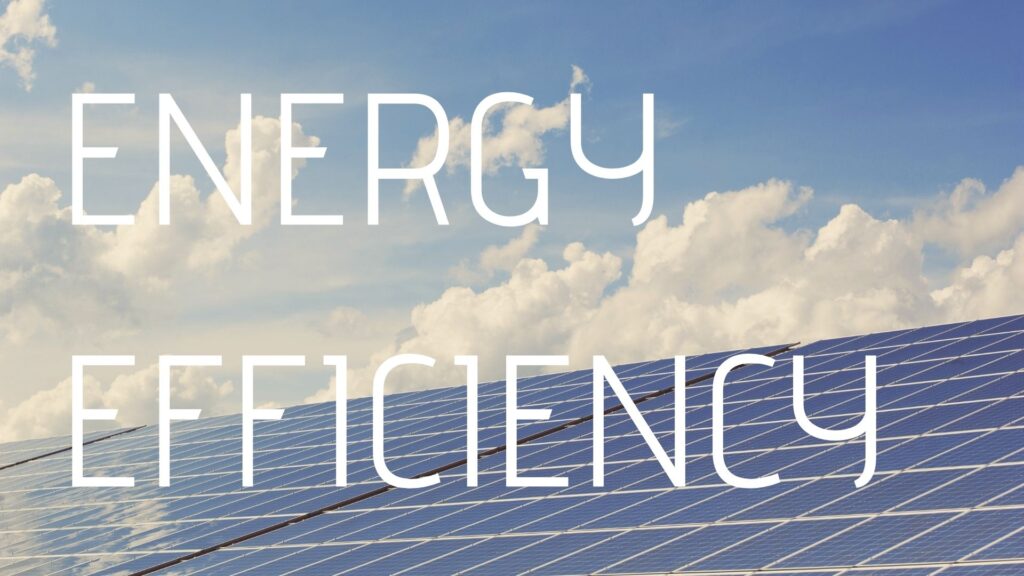When searching for the perfect place to live in the world of apartments for rent, energy efficiency is a crucial factor to consider. A more energy-efficient apartment not only helps reduce your carbon footprint but also lowers your utility bills, saving you money in the long run. In this article, we’ll explore valuable tips for improving apartment energy efficiency and keeping those utility bills in check.
Understanding the Importance of Energy Efficiency
Energy efficiency is all about using less energy to achieve the same or better results. When your apartment is energy-efficient, you consume less electricity, natural gas, or other energy sources, which not only benefits the environment but also has financial advantages for you. Here’s why energy efficiency matters:
1. Lower Utility Bills Tips
One of the most significant advantages of an energy-efficient apartment is the potential for reduced utility bills. When you use less energy for heating, cooling, lighting, and appliances, you save money on your monthly expenses.
2. Environmental Impact
Reducing energy consumption helps reduce greenhouse gas emissions, making your apartment more environmentally friendly. By using fewer resources, you contribute to a cleaner and healthier planet.
3. Improved Comfort
Energy-efficient apartments often have better insulation and climate control, leading to more consistent indoor temperatures and improved comfort throughout the year.
Tips for Improving Apartment Energy Efficiency
Now, let’s dive into practical tips to enhance the energy efficiency of your apartment:
1. Seal Drafts and Leaks
Drafts around doors and windows can significantly impact your apartment’s energy efficiency. Use weatherstripping or caulking to seal gaps and prevent hot or cold air from escaping.
2. Upgrade Lighting
Replace traditional incandescent bulbs with energy-efficient LED or CFL (compact fluorescent lamp) bulbs. These bulbs use less energy and last longer, reducing the frequency of replacements.
3. Install Programmable Thermostats
A programmable thermostat allows you to set different temperature settings for various times of the day. You can lower the temperature when you’re away and raise it when you’re home, optimizing energy use.
4. Use Energy-Efficient Appliances
When shopping for appliances, look for the ENERGY STAR label. ENERGY STAR-certified appliances meet strict energy efficiency guidelines, reducing both energy consumption and operating costs.
5. Maintain HVAC Systems
Regularly clean or replace HVAC filters, and schedule annual maintenance checks for your heating and cooling systems. Clean, well-maintained systems operate more efficiently.
6. Optimize Water Heating
Lower your water heater’s thermostat temperature to around 120 degrees Fahrenheit (49 degrees Celsius) to save on energy used for heating water. Fix any leaks promptly to prevent water and energy waste.
7. Use Power Strips
Plug electronics and chargers into power strips that can be turned off when not in use. Many devices continue to draw power even when turned off, a phenomenon known as “phantom load.”
8. Limit Oven and Stove Use
During hot summer months, minimize the use of your oven and stove, as they can heat up your apartment, causing your cooling system to work harder. Consider using a microwave, slow cooker, or outdoor grill.
9. Insulate Windows and Add Curtains
Install thermal curtains or blinds to help insulate your windows. They can keep your apartment cooler in the summer and warmer in the winter.
10. Unplug Chargers
Unplug phone chargers, laptop chargers, and other small appliances when they are not in use. Even when not actively charging, they can consume energy if left plugged in.
11. Use Fans Wisely
Ceiling fans can help distribute air more efficiently and make your apartment feel cooler. In the winter, reverse the fan’s direction to help circulate warm air downward.
12. Practice Water Conservation
Conserve water by fixing leaks in faucets and toilets and installing low-flow showerheads and faucet aerators. Reducing hot water usage also lowers energy consumption.
13. Communicate with Your Landlord
If you identify energy efficiency improvements that require changes to the apartment, such as adding insulation or upgrading windows, discuss them with your landlord. They may be willing to make cost-effective upgrades that benefit both you and future tenants.
Monitoring and Tracking Energy Use
To gauge the effectiveness of your energy-saving efforts, consider monitoring and tracking your energy consumption. You can use energy monitoring devices or apps to keep tabs on your electricity and gas usage. This data can help you identify areas for further improvement and measure the impact of your energy-efficient habits.
In conclusion, enhancing the energy efficiency of your apartment is not only beneficial for your wallet but also for the environment. By implementing these tips and making energy-conscious choices, you can enjoy a more comfortable living space while reducing your carbon footprint and utility bills. Energy efficiency is a win-win for both you and the planet.



